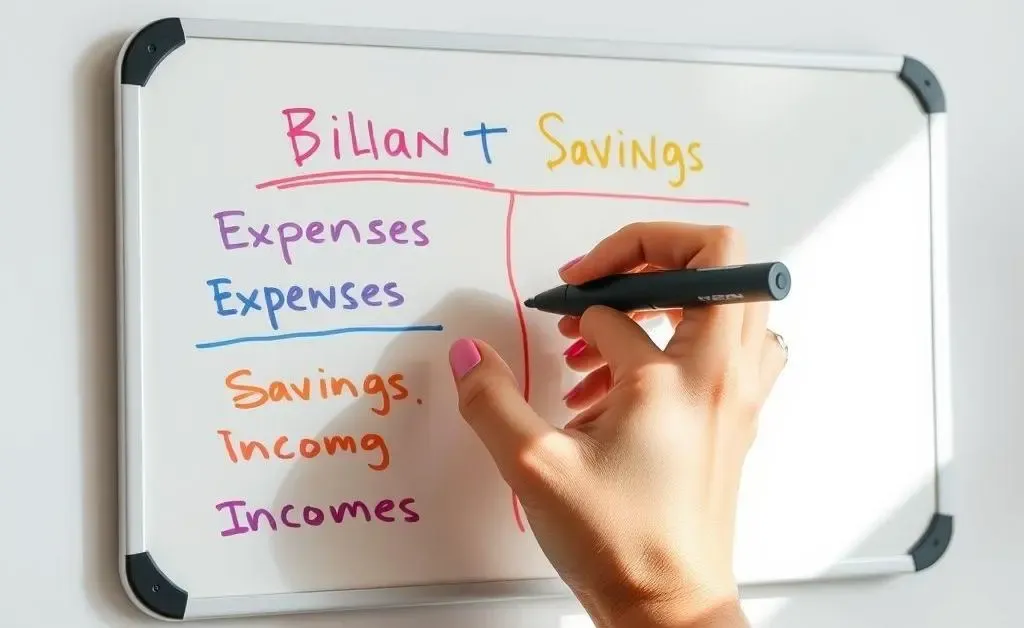Demystifying Investment Accounts: Tips for Beginners
Explore practical tips and insights for navigating investment accounts with confidence.

Investing can feel like learning a new language, can't it? You've got IRAs, 401(k)s, and a jumble of other account types that sound more like a bowl of alphabet soup than a pathway to financial freedom. But fear not! With a little guidance, you can navigate this maze with confidence and maybe even have a little fun along the way.
Understanding the Basics
The first step on any financial journey is education. You wouldn't leap into a pool without checking its depth, right? So, let's break down some of the most common account types you might encounter:
- Roth IRA: A retirement account where you deposit post-tax money and enjoy tax-free withdrawals in retirement.
- 401(k): Often offered by employers, this is a tax-deferred account where contributions reduce your taxable income.
- Brokerage Account: Think of this as your investment playground, with fewer restrictions on how and when you can access your funds.
My First Investing Experience
Years ago, a friend said, "Hey, you should try investing." It sounded terrifying. Where would I even start? I decided to open a brokerage account and experiment with my coffee budget. Turns out, skipping my daily latte didn't just perk up my bank balance. It also gave me a small sense of control over my financial future. Who knew?

Common Concerns and Solutions
If you're feeling overwhelmed, you're not alone. Here are some frequently asked questions and answers to help you feel more at ease:
How Much Money Do I Need to Start?
That's the beauty of modern investing—you can start with as little as $1. Many apps offer fractional shares, letting you buy a piece of your favorite companies without draining your wallet.

What If I Make a Mistake?
Mistakes are part of the learning process. Start small and learn from your experiences. Consider speaking with a financial advisor or using educational resources online to guide your decisions.
Keep Learning and Growing
Investing is a journey, not a sprint. Keep expanding your knowledge, stay curious, and don't hesitate to ask questions. There are tons of resources out there, from investment books to online courses. You could also check out financial podcasts for more casual, on-the-go learning.

What's the most pressing question you have about investing? Leave a comment below, and let's unravel the mysteries of financial growth together!




